Our EYFS
At Bentley New village, we plan learning around all seven areas of the Early Years curriculum, making sure activities suit each child’s needs. Children in the EYFS learn best through play, exploration, being active , and using their imagination, both indoors and outside. We also help them build important social skills like sharing, taking turns, and becoming more independent, which prepares them well for the future.
We believe children are naturally curious and eager to learn. With caring relationships and supportive environments, they thrive . In nursery, we start by focusing on three prime Areas: Personal, Social and Emotional Development, Communication and Language, and Physical Development. Once children feel settled and confident, we introduce the other four areas: Literacy, maths, Understanding the World, and Expressive Arts and Design.
7 Areas of Learning and Development
Prime Areas of Learning
- Communication and Language
- Physical Development
- Personal, Social and emotional development
Specific Areas of Learning
- Literacy
- Maths
- Understanding the World
- Expressive Arts and Design
All 7 areas of learning are used to plan children’s learning and activities. The professionals teaching and supporting children at Bentley New Village ensure that the activities are suited to the children’s unique needs. Children in the EYFS learn by playing and exploring, being active, and through creative and critical thinking which takes place both indoors and outside. It is very important that they develop social skills, such as turn-taking, sharing and independence, which help them greatly in the next stages of their learning.
The guiding principles that shape our practice in the Early Years are that children are born ready, able and eager to learn. They actively reach out to interact with other people, and in the world around them. Development depends on each unique child having opportunities to interact in positive relationships and enabling environments. Our main focus during the Autumn Term in Nursery, is on the Three Prime Areas; Personal, Social and Emotional Development, Communication and Language and Physical Development. Once the children are showing high levels of well being and involvement we then introduce the teaching of the Specific Areas; Literacy, Maths, Understanding of the World and Expressive Arts and Design.
Personal, Social and Emotional Development
Children’s personal, social and emotional development (PSED) is crucial for children to lead healthy and happy lives, and underpins cognitive growth.
Secure attachments and warm relationships help children understand their own and others’ feelings, manage emotions, build confidence, and set simple goals.
With adult modelling and guidance, they learn self- care, healthy habits, and independence.
Positive interactions with peers foster friendships, cooperation, and conflict resolution, providing a strong foundation for success in school and beyond.
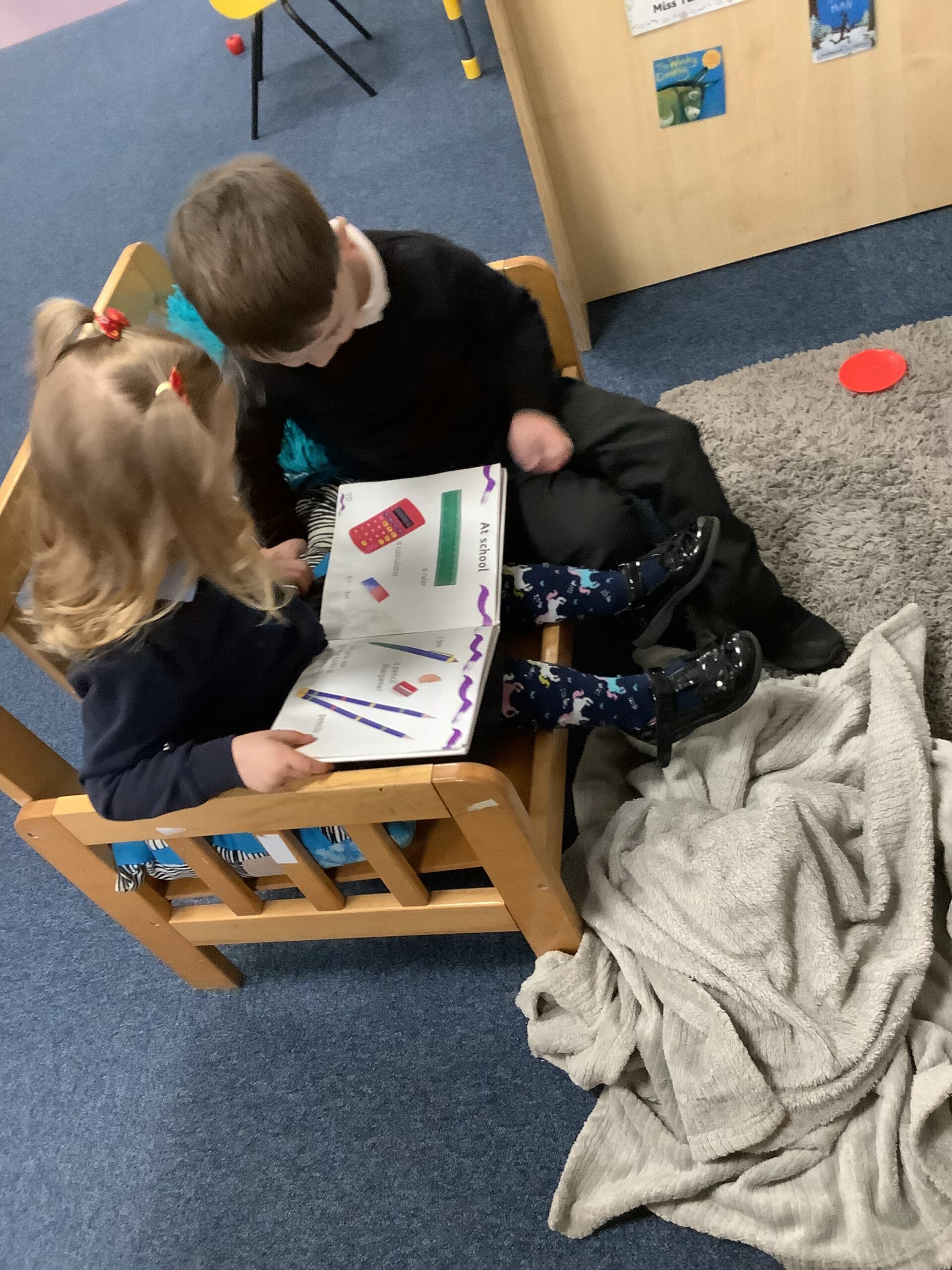
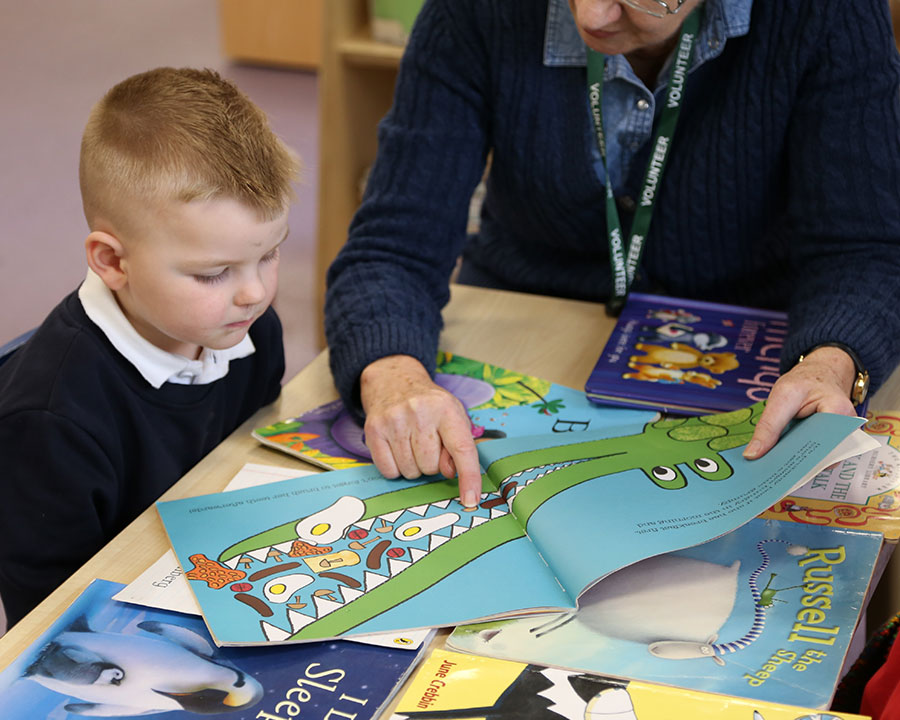
Communication and Language Development
Language development is central to all areas of learning in the Early Years.
From the very beginning, children’s back and forth conversations with adults and friends build the foundations for communication and thinking.
The number and quality of these interactions in a language rich environment are vital. Practitioners support this by noticing what interests children, talking with them about their play, and introducing new vocabulary in meaningful ways. They also provide plenty of opportunities for children to use and practice language across different situations.
Reading stories, non-fiction, rhymes and poems everyday helps children develop a wide vocabulary. Through conversation, story telling , role play and sensitive questioning, children learn to share their ideas confidently and use a rich range of language.
Physical Development
Physical activity is vital in children’s all-round development, enabling them to pursue happy, healthy and active lives.
Gross and fine motor experiences develop incrementally throughout early childhood, starting with sensory explorations and the development of a child’s strength, coordination and positional awareness through tummy time, crawling and play movement with both objects and adults.
By creating games and providing opportunities for play both indoors and outdoors, adults can support children to develop their core strength, stability, balance, spatial awareness, coordination and agility. Gross motor skills provide the foundation for developing healthy bodies and social and emotional well-being.
Fine motor control and precision help with hand-eye coordination which is later linked to early literacy.
Repeated and varied opportunities to explore and play with small world activities, puzzles, arts and crafts and the practice of using small tools, with feedback and support from adults, allow children to develop proficiency, control and confidence.
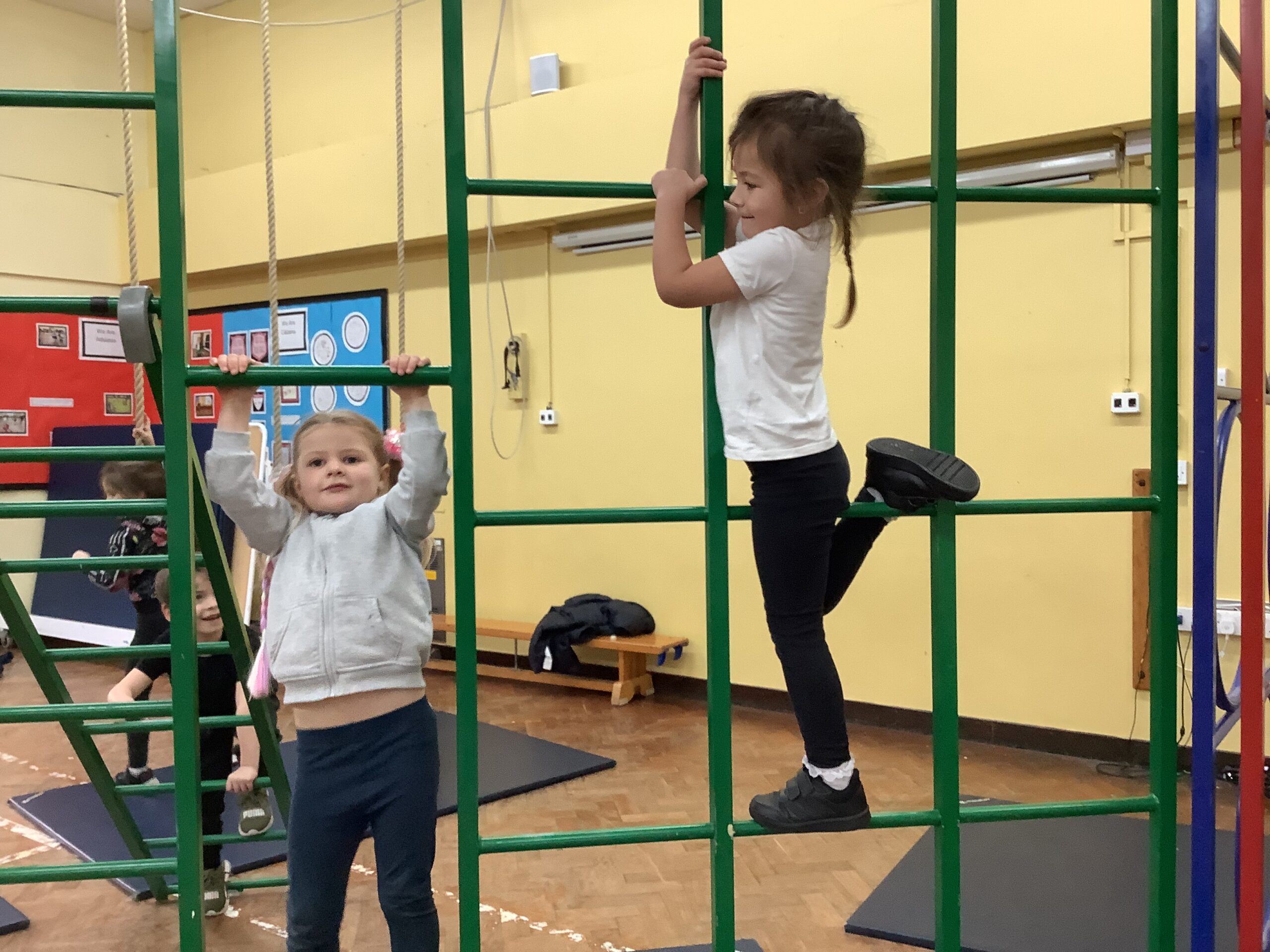
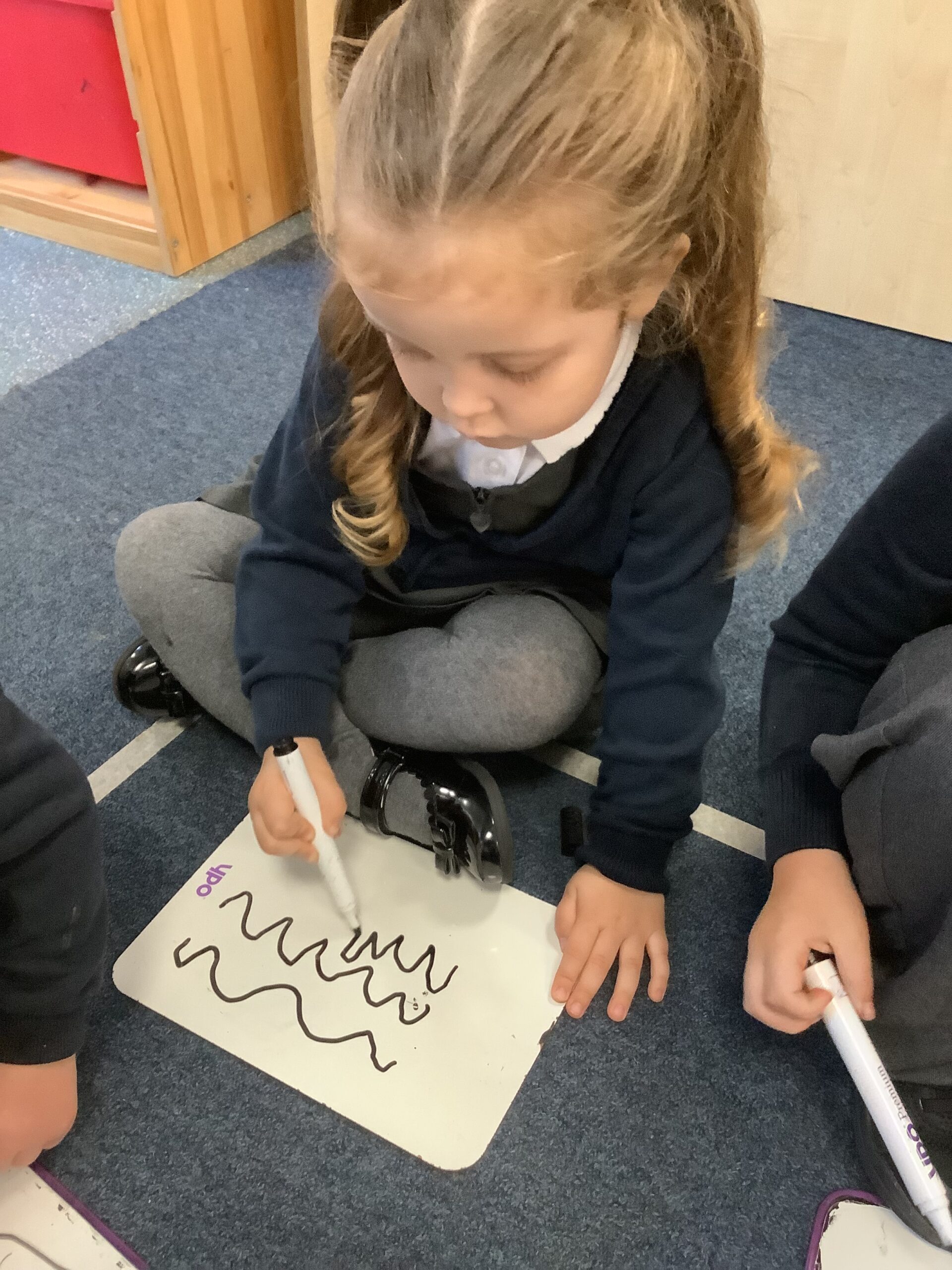
Literacy
We believe it is vital for children to develop a life-long love of reading. Reading has two key parts: language comprehension and Word reading.
Language comprehension begins from birth and grows as adults talk with children about the world around them, share stories and non-fiction books, and enjoy rhymes, poems and songs together.
Word reading is taught later and involves familiar printed words quickly, as well as working out how to read new ones by sounding them out.
Writing is built on these skills and has two elements: Transcription (spelling and handwriting) and Composition (expressing and organising ideas, firt through speech and then writing).
Maths
Developing a strong grounding in number is essential so that all children develop the necessary building blocks to excel mathematically.
Children should be able to count confidently, develop a deep understanding of the numbers to 10, the relationships between them and the patterns within those numbers. By providing frequent and varied opportunities to build and apply this understanding – such as using manipulatives, including small pebbles and tens frames for organising counting – children will develop a secure base of knowledge and vocabulary from which mastery of mathematics is built.
In addition, it is important that the curriculum includes rich opportunities for children to develop their spatial reasoning skills across all areas of mathematics including shape, space and measures. It is important that children develop positive attitudes and interests in mathematics, look for patterns and relationships, spot connections, ‘have a go’, talk to adults and peers about what they notice and not be afraid to make mistakes.
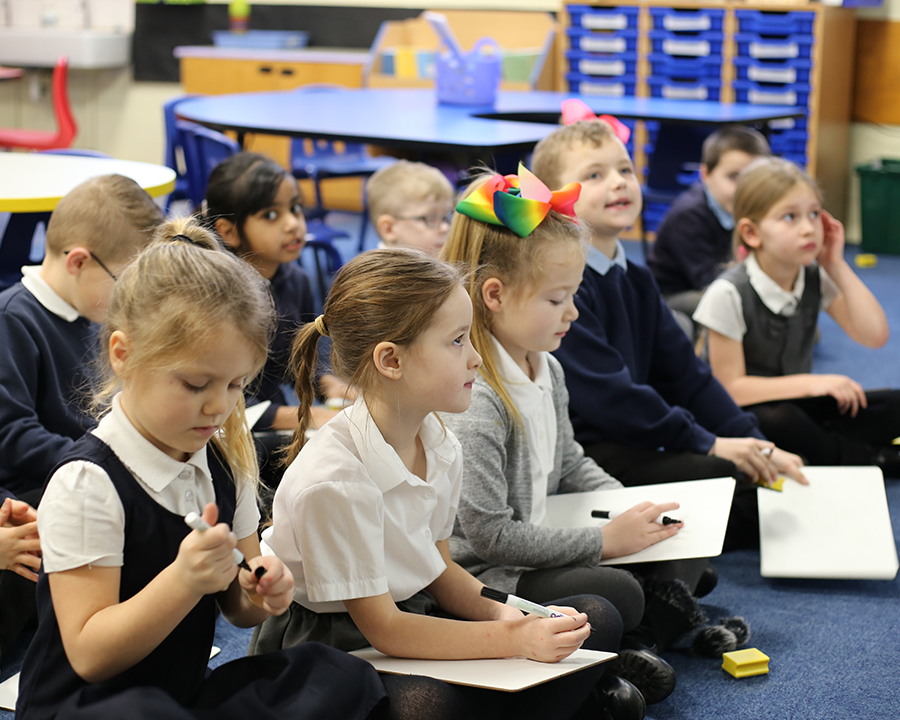
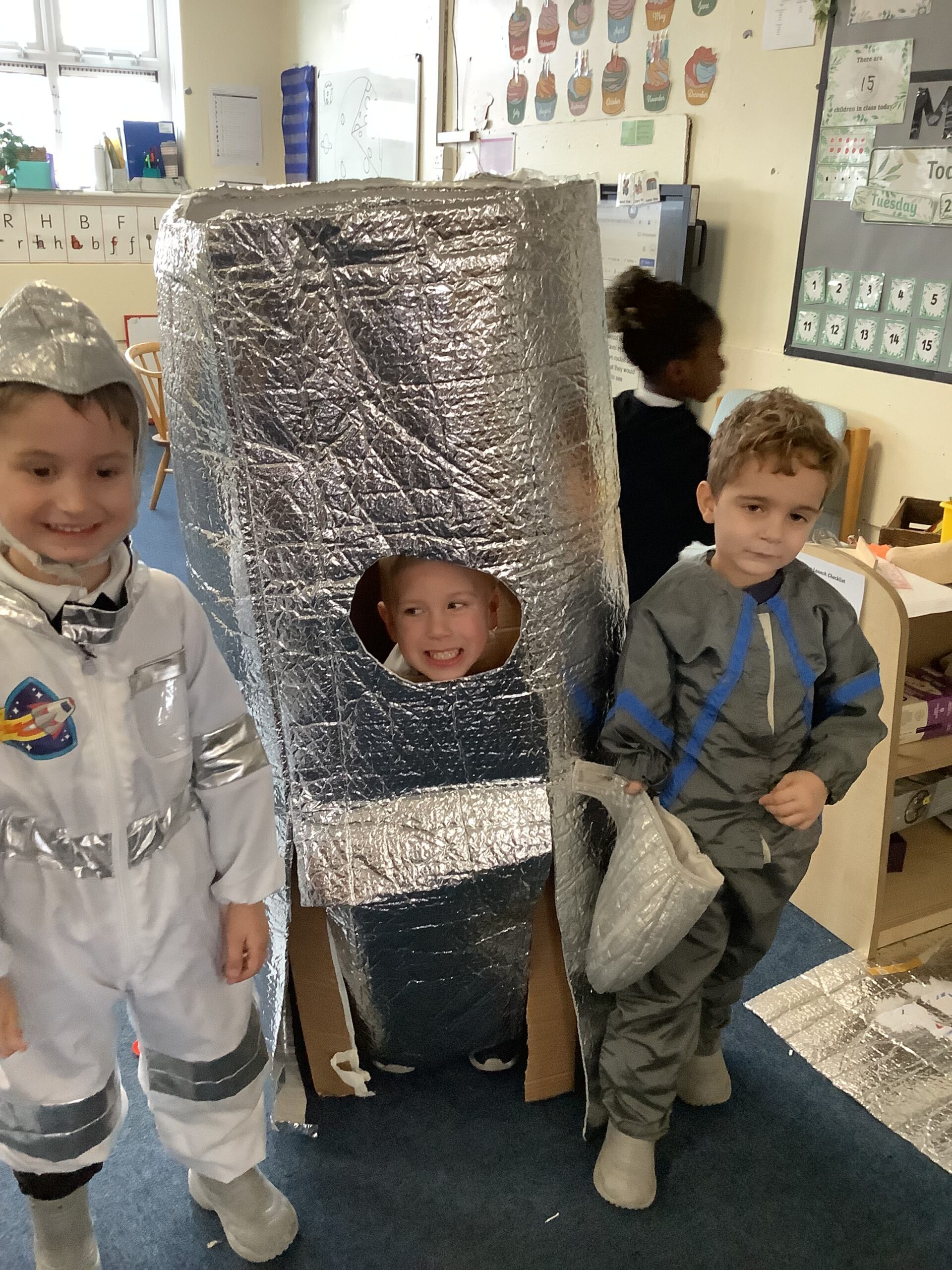
Understanding the World
Understanding the world involves guiding children to make sense of their physical world and their community.
The frequency and range of children’s personal experiences increases their knowledge and sense of the world around them – from visiting parks, libraries and museums to meeting important members of society such as police officers, nurses and firefighters. In addition, listening to a broad selection of stories, non-fiction, rhymes and poems will foster their understanding of our culturally, socially, technologically and ecologically diverse world.
As well as building important knowledge, this extends their familiarity with words that support understanding across domains. Enriching and widening children’s vocabulary will support later reading comprehension.
Expressive Arts and Design
The development of children’s artistic and cultural awareness supports their imagination and creativity.
It is important that children have regular opportunities to engage with the arts, enabling them to explore and play with a wide range of media and materials.
The quality and variety of what children see, hear and participate in is crucial for developing their understanding, self-expression, vocabulary and ability to communicate through the arts. The frequency, repetition and depth of their experiences are fundamental to their progress in interpreting and appreciating what they hear, respond to and observe.
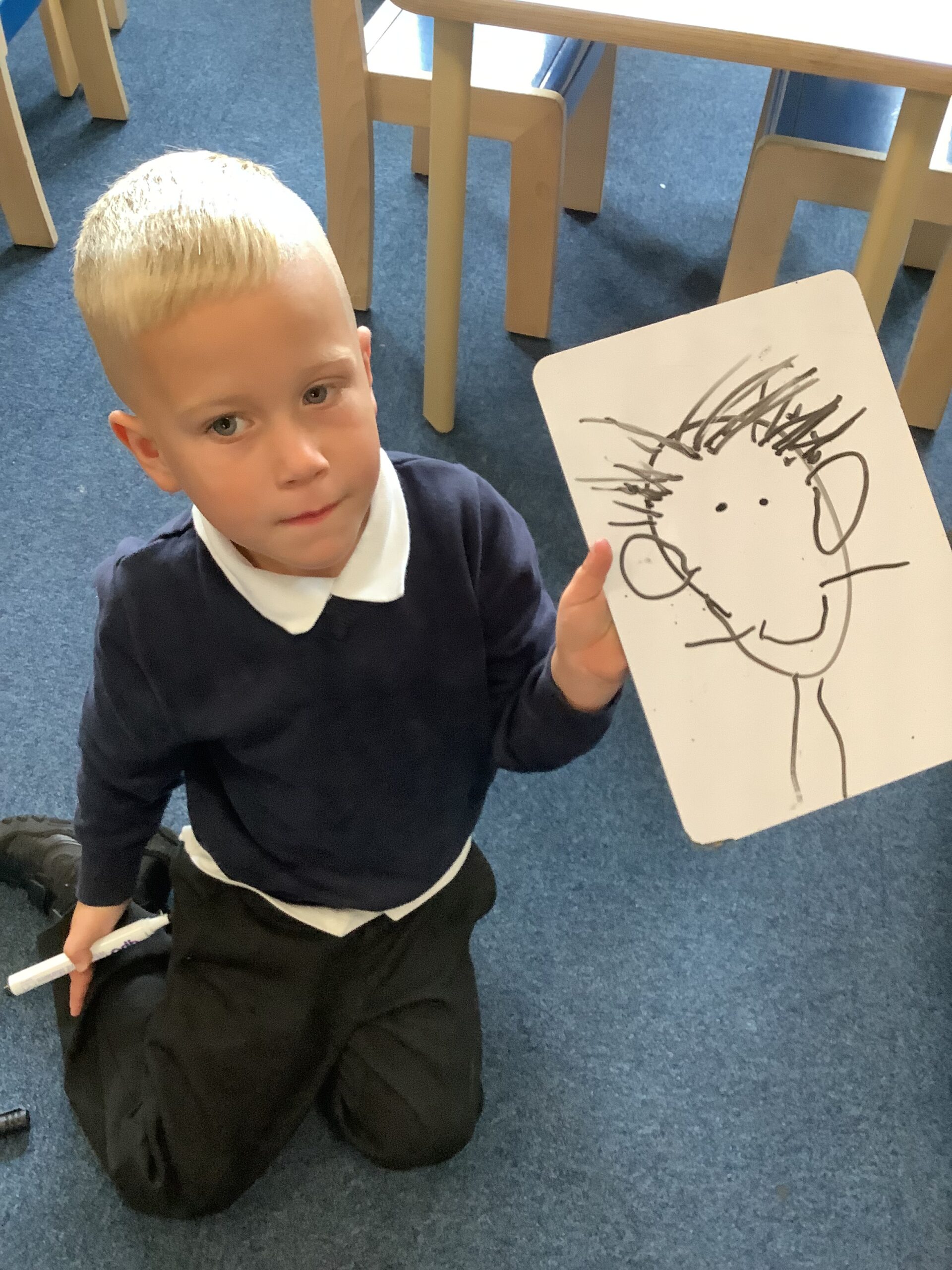
Our learning behaviours
All of the learning that takes place in the Early Years Foundation Stage is underpinned by the Characteristics of Effective Learning; Playing and exploring, Creating and thinking critically and Active Learning.
Parents as Partners
Our partnership with parents means that parents have the opportunity to work closely with our Early Years practitioners to support children’s transition into the setting. We would like parents to feel secure in the knowledge that their child is well cared for and happy at school.
Our parents are welcome to be actively involved in their children’s learning in school and are able to share learning experiences through ‘stay and play’ sessions, Dojo and parent workshops.
We recognise that parents are the first educators in children’s lives and value contributions to judgements about children’s development.
We use this information to support our assessments and share information about what children need to do next to develop and thrive.
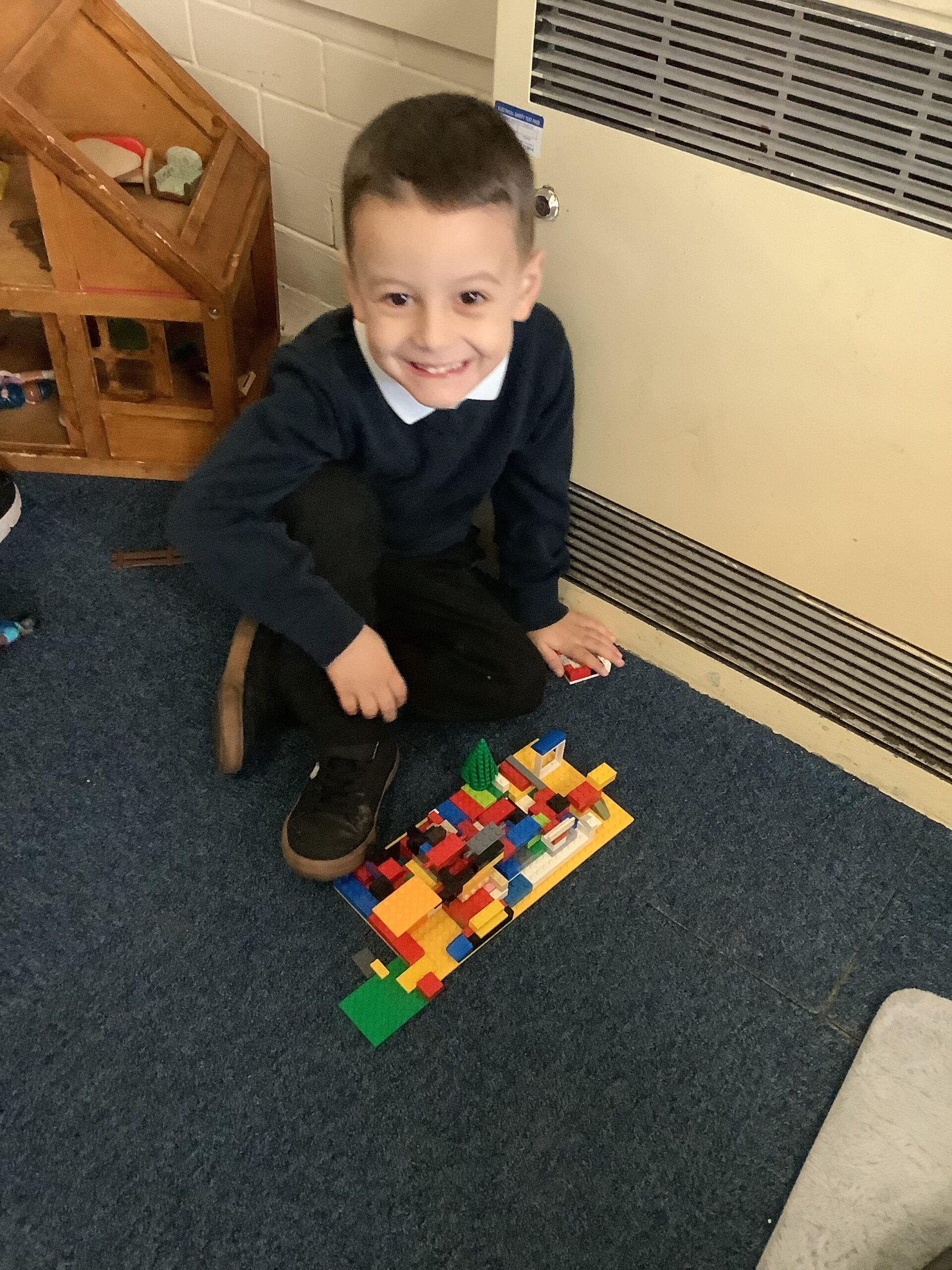
Assessment at the End of Reception
Assessment plays an important part in helping parents, carers and practitioners to recognise children’s progress, understand their needs, and to plan activities and support.
On going assessment is an integral part of the learning and development process. It involves practitioners observing children to understand their level of achievement, interests and learning styles, and to then shape learning experiences for each child reflecting those observations. In their interactions with children, practitioners should respond to their own day-to-day observations about children’s progress, and observations that parents and carers share. To this end we make systematic observations and assessments of each child’s achievements, interests and learning styles.
We then use these observations and assessments to identify learning priorities and plan relevant and motivating learning experiences for each child.
Each child’s level of development is assessed against the Early Learning Goals (above) at the end of the reception year. Practitioners will indicate whether children are;
- Emerging, not yet reaching expected levels of development for age
- Expected
Year 1 teachers will have access to the Profile report together with a short commentary on each child’s skills and abilities in relation to the three key Characteristics of Effective Learning. These will inform transition meetings between Reception and Year 1 teachers about each child’s stage of development and learning needs and assist with the planning of activities at the start of Year 1












